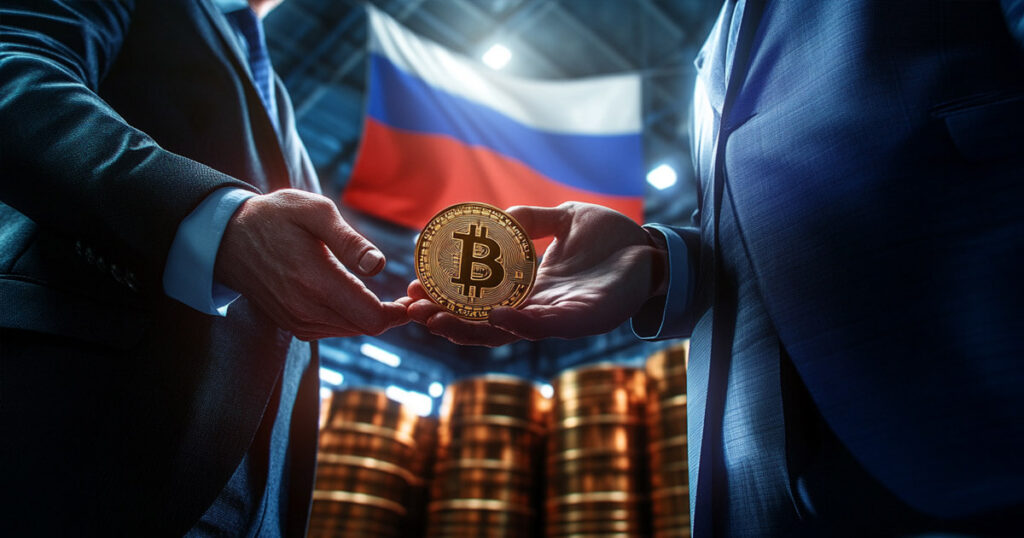Russia Embraces Cryptocurrencies to Mitigate Western Sanctions Impact
Russia is taking proactive steps to counteract the impact of Western sanctions on its economy by actively utilizing Bitcoin and other cryptocurrencies, according to a recent report by Reuters. Finance Minister Anton Siluanov revealed that Russian companies are increasingly turning to digital currencies, particularly Bitcoin mined domestically, for international transactions.
In addition to Bitcoin, blockchain analysis firm Chainalysis has pointed out that stablecoins like USDT and USDC are also playing a role in Russia’s international trade activities. While these digital assets offer high liquidity, their centralized control may pose challenges to wider adoption.
The decision to embrace cryptocurrencies comes in response to sanctions imposed by Western nations following Russia’s actions in Ukraine. These sanctions have severely limited Russian firms’ ability to engage in international trade via traditional banking channels, prompting the exploration of alternative solutions like cryptocurrencies.
In a bid to facilitate the use of digital currencies in cross-border trade, Russian legislators passed a law in July allowing for their use. Subsequently, President Vladimir Putin formalized legislation in November categorizing cryptocurrencies as property for foreign trade purposes. This move not only introduced tax incentives for digital transactions but also exempted crypto mining and sales from value-added tax (VAT).
President Putin has been vocal in his support for digital currencies, emphasizing their role as unstoppable tools to enhance economic efficiency and stability. Finance Minister Siluanov shares this optimism, expressing confidence that crypto adoption in international trade will continue to grow in the coming year. He believes that these measures will expand further, providing Russian companies with greater flexibility in navigating global markets.
Despite the progress made in crypto adoption, Russia still faces limitations in this area. For instance, the government plans to implement a six-year mining ban in ten regions starting in January 2025 to address energy concerns.
In conclusion, Russia’s strategic embrace of cryptocurrencies as a means to mitigate the impact of Western sanctions reflects a forward-thinking approach to economic challenges. With continued support from government officials and ongoing developments in the regulatory landscape, the use of digital currencies in international trade is expected to gain momentum in the coming year.

